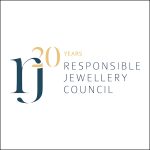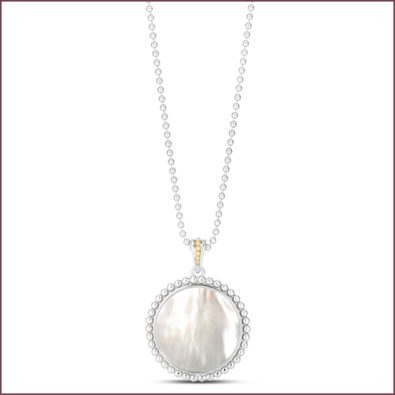Consumer Habits Shifting
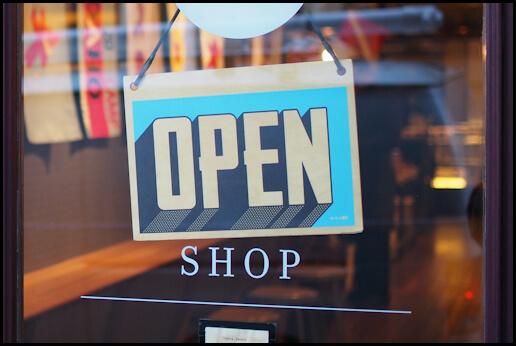
In a blink of an eye, consumer spending shifted from discretionary to necessary purchases.
The coronavirus shutdown forced consumers worldwide to reset their purchasing behavior, and at every income level. In a blink of an eye, consumer spending shifted from discretionary to necessary purchases. After growing 3 percent from 2018 to 2019, personal consumption fell 4 percent the first half of 2020, compared to same time last year, a $303 billion economic loss.
 While affluent consumers (household income over $100,000) have been largely immune to the COVID economic crisis, particularly the ultra rich, they have changed shopping habits and re-examined priorities, finds the American Marketing Group (AMG) in a white paper by Pam Danziger, author and luxury market researcher, Paul Friederichsen, marketing and branding creative director, and Chris Ramey, marketing technologist and sales strategist.
While affluent consumers (household income over $100,000) have been largely immune to the COVID economic crisis, particularly the ultra rich, they have changed shopping habits and re-examined priorities, finds the American Marketing Group (AMG) in a white paper by Pam Danziger, author and luxury market researcher, Paul Friederichsen, marketing and branding creative director, and Chris Ramey, marketing technologist and sales strategist.
Roughly a quarter of the nation’s 131 million households earn more than $100,000, and account for nearly 50 percent of all consumer spending, reports the Bureau of Labor Statistics Consumer Expenditure Survey. That equates to some $6 trillion spending in the total $13 trillion U.S. consumer economy in 2019.
COVID-19 is the “black-swan event that changed everything”, AMG cites, forecasting dramatic shifts in consumer spending to come. Consumers are experiencing high anxiety, leading to behavioral shifts that won’t likely snap back to pre-crisis norms post-pandemic. Luxury marketers must consider how their consumers’ values and lifestyles will change as a result of the reset experienced.
Check on Consumerism
As affluent consumers emerge from isolation, having time to reflect on what’s important to them, their spending habits will likely shift dramatically. Beth McGroarty, director of research and public relations at the Global Wellness Institute (GWI), expects a check on consumerism, sharing with AMG: “People have been forced to stop it, and realize it doesn’t matter, it doesn’t make them happier.”
For years, people have been complaining that they have too much stuff, yet all the while spending money to store it and valuable time to organize it. The culture has shifted in the past four months from discretionary spending towards needs-based categories, finds Cowen Research. People are ready to do something about mindless accumulation, moving to a less-is-more attitude.
According to a YouGov Affluent Perspective survey in April, 45 percent of affluent consumers spent time de-cluttering their homes. AMG finds the shift toward de-cluttering noteworthy, in that the same rigorous judgments these consumers are using to clean out their closets will likely be applied once they can get back into the stores when deciding what new to buy.
For luxury brands, the goal has been to sell product. But in the post-COVID world, where consumers have been 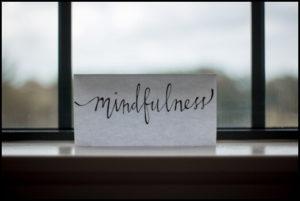 forced to get off their treadmill of habitual buying-and-spending, consumers, most especially affluents will emerge with a new priorities centered on the experience of a life journey.
forced to get off their treadmill of habitual buying-and-spending, consumers, most especially affluents will emerge with a new priorities centered on the experience of a life journey.
Well & Good
“The silver lining in all of this is it brings a lot more focus on wellness,” GWI’s McGroarty reports, describing COVID-19 as “a wake-up call to the world to focus on wellness”. She cites emotional wellness the biggest trend in this space, even before coronavirus, and likely more significant post-pandemic.
The non-profit wellness-advocacy group sees wellbeing as multi-dimensional and something achieved by individuals and society in practice and policy for the collective good. It looks at wellbeing holistically across several areas, including physical, mental, emotional, social, environmental, and spiritual.
While consumer marketers have been leaning into wellness and environmental sustainability as macro-trends, the more holistic concept of wellbeing is emerging as the macro-trend that will absorb wellness and sustainability within, cites AMG — across product, service and business model.
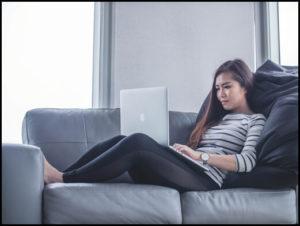 AMG’s Pam Danziger, president of Unity Marketing, says retailers face a reckoning for over-building, overextending and overestimating their worth with consumers questioning their over consumerism. She reports that since the 2008-2009 recession, it’s been clear that retail needs a dramatic transformation. The challenge, she says, is understanding the new role brands play as consumers shift toward eating, shopping, socializing, working, and more from home.
AMG’s Pam Danziger, president of Unity Marketing, says retailers face a reckoning for over-building, overextending and overestimating their worth with consumers questioning their over consumerism. She reports that since the 2008-2009 recession, it’s been clear that retail needs a dramatic transformation. The challenge, she says, is understanding the new role brands play as consumers shift toward eating, shopping, socializing, working, and more from home.
Cowen Research sees this as the most radical transformation for retail to extend from store and digital platforms into the home. At-home is a priority, even a necessity, as consumers spend more time in their homes and away from stores.
Danziger advocates retailers examine the role of their store in their business, and accelerate home engagement with employees live streaming to serve customers remotely and foster relationships that once took place only in store.

